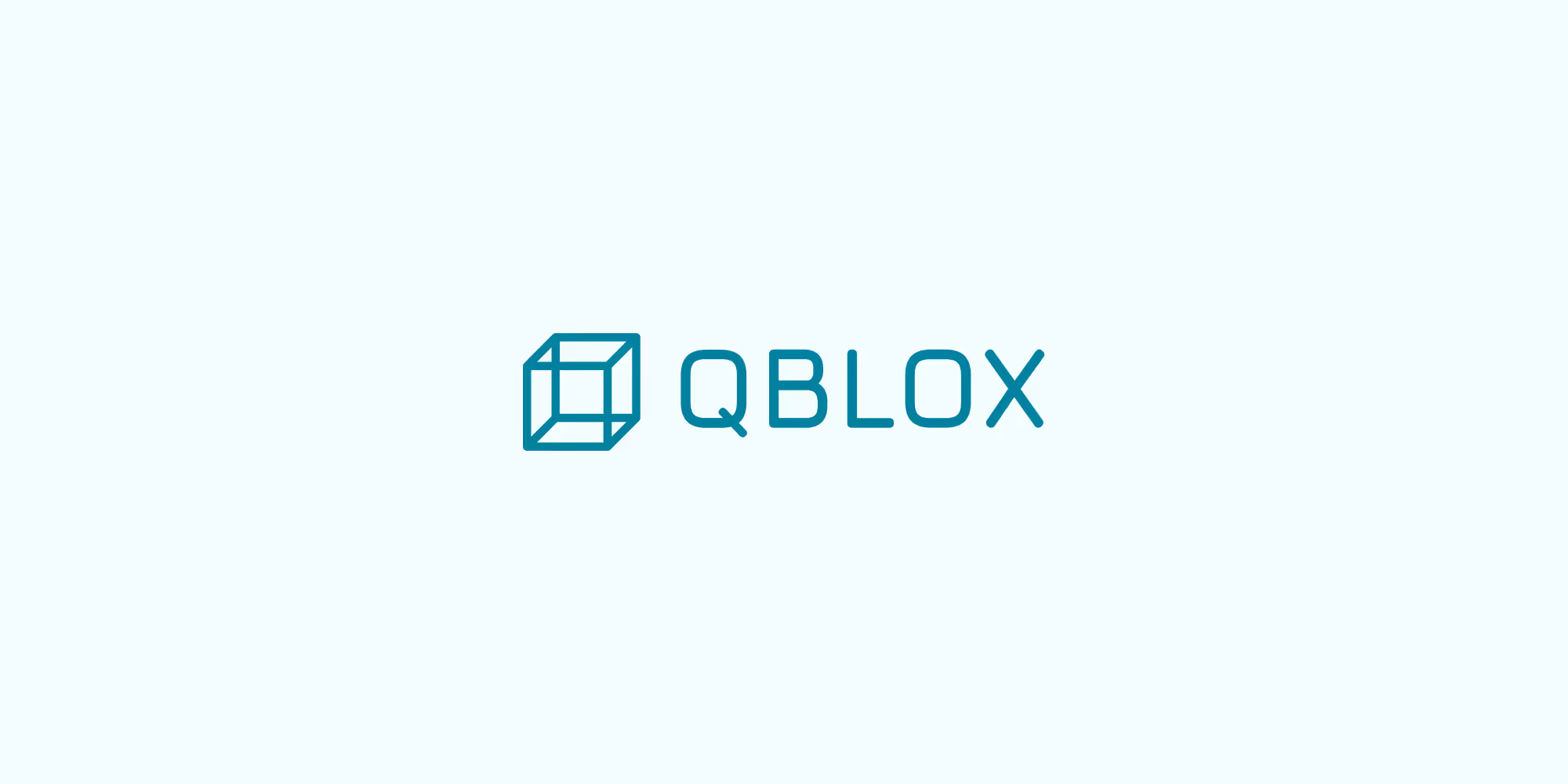The Qblox team attended IEEE Quantum Week 2025 in Albuquerque from 31 August to 5 September. It was a productive week for the quantum computing community, full of collaboration, important conversations, and a clear look into the future of our industry.
We were pleased to contribute to the strong program and connect with customers and partners at our booth, with live demos hooked up to the live Qblox Qubit Lab in Delft.
As Robert Kent, Senior Quantum Success Engineer for the Qblox Northern American team says, "The Qblox booth became a space to discuss not just what is possible today, but how to accelerate the path from theory to experiment."
Here is a look at some of our key takeaways from the conference:
1. Collaboration is driving progress
The shift from isolated research to a collaborative, industrial ecosystem was a central theme of the conference. Many workshops and panels showcased how partnerships are now essential for advancing the quantum stack. We were proud to be part of these conversations, highlighting our new collaboration with Qruise at our booth, a partnership designed to address a key bottleneck in system development.
Furthermore, we co-organize a workshop on open system architecture with TreQ. It was clear that breaking down silos and embracing collaboration is a shared mission across the industry.
2. Quantum control is moving to the forefront
The workshop with UC Berkley “Control Systems for Quantum Computing”, highlighted that quantum control electronics have advanced rapidly from general-purpose hardware just a few years ago to today's tailored, real-time systems.
As our Roadmap Leader, Francesco Battistel, noted, we are still eager to tackle the challenges remaining to scale up, reduce cost, and improve analog quality while achieving tighter integration with classical compute resources.
A common theme throughout was that our field needs to establish standardized benchmark metrics, like feedback latency and stability, to create a common framework for progress.

3. Building the software and integration layer
The conversations extended beyond hardware, with a strong focus on the software stack and its integration with classical resources.
Our Roadmap Leader, Damaz de Jong, contributed to the NCSA/UIUC workshop on "Enabling Programming Abstractions for More Effective Quantum Development." He addressed the need for better hardware abstractions to enable more accessible programming. He was joined by representatives from IBM, QCI and others.
Earlier in the week, at the panel "Enabling HPC centers to lead in the Quantum Era", Qblox Northern America Lead Quantum Application Scientist Daniel Rodan Legrain joined leaders from NVIDIA, Rigetti Computing, and IBM to discuss the future of quantum in high-performance computing, reinforcing the need for seamless integration.
4. Real-time QEC is the unifying backbone
Real-time quantum error correction (QEC) was a central theme throughout the conference. The consensus was clear: QEC is a process, not a final destination.
Francesco was a moderator at the panel "Real-time Quantum Error Correction: Achievements and Challenges" that included panelists from Google, IBM, NVIDIA, Rigetti Computing, Riverlane, and RIKEN. The discussions showed that while the first demonstration of QEC is an important first step, it's only the beginning of a long journey toward scalable, fault-tolerant systems.

5. Building a Global Quantum Community
Beyond the conference floor, we were pleased to host Qblox's first US Advisory Dinner in Albuquerque. This event brought together leaders from policy, national labs, universities, and industry, reinforcing the importance of collaboration across the entire quantum ecosystem. We had representatives from the New Mexico Economic Development Department, the U.S. Department of Energy (DOE), Sandia National Laboratories, Lawrence Berkeley Labs, Elevate Quantum, Rigetti Computing, NVIDIA, Roadrunner Venture Studios, Maybell Quantum, and IEEE.
According to Lead Quantum Application Scientist at Qblox, Daniel Rodan Legrain, “What stood out at IEEE was the quality of the conversations—students, PI’s, and HPC leaders all asking the right scaling questions. Showing the Qblox Cluster in action made it easy to discuss practical paths from today’s experiments to robust, maintainable systems.” We look forward to the next edition!



.png)
.svg)

%20(1).png)



